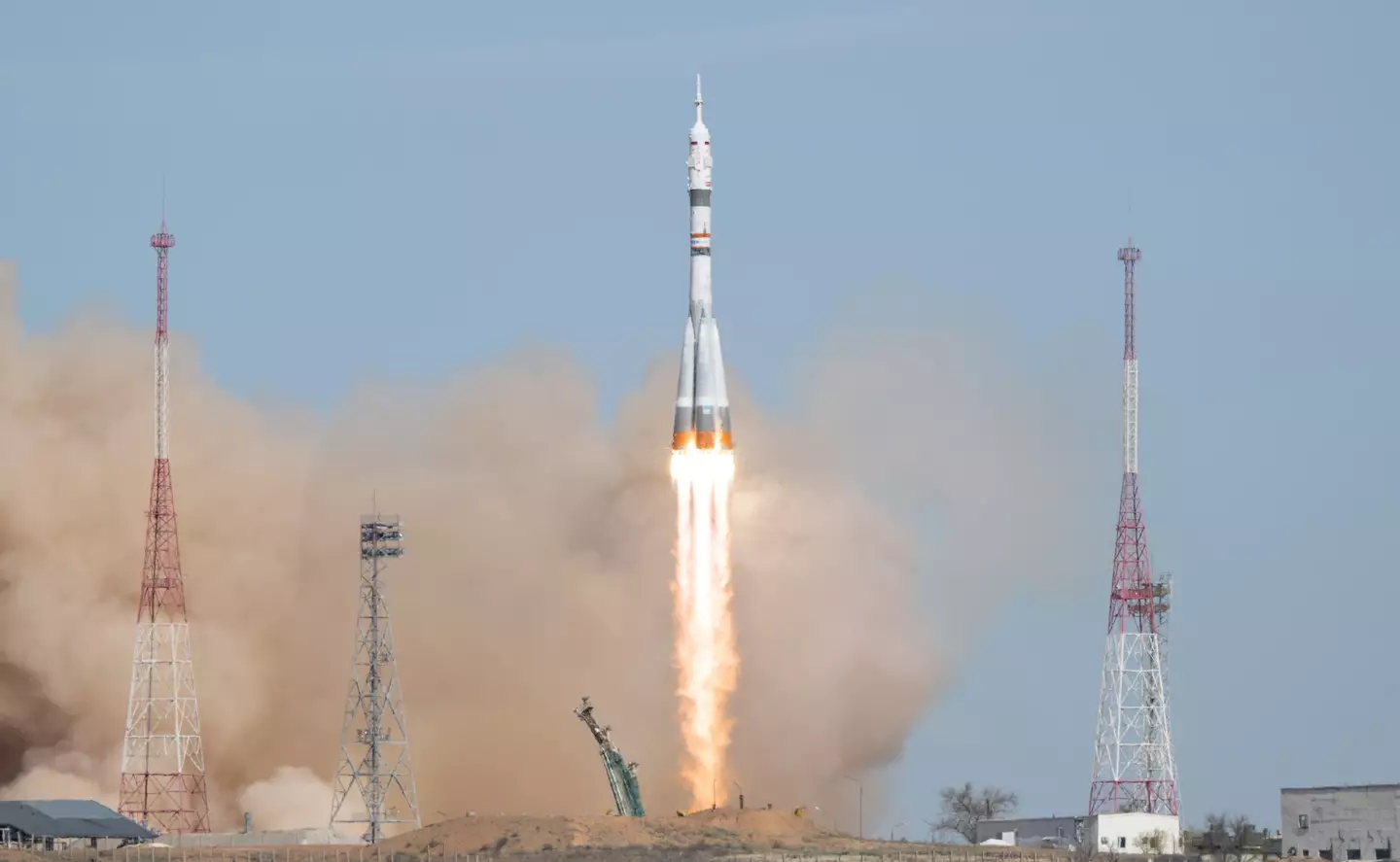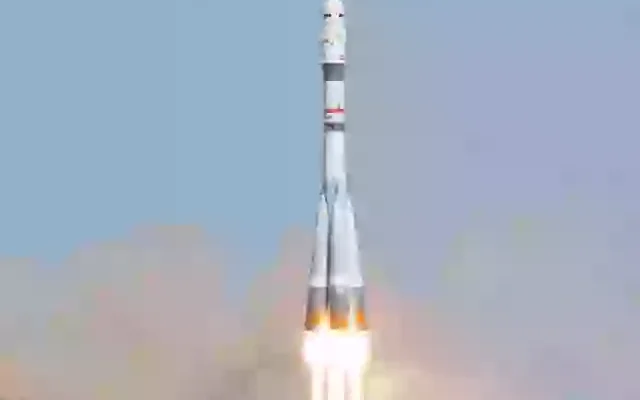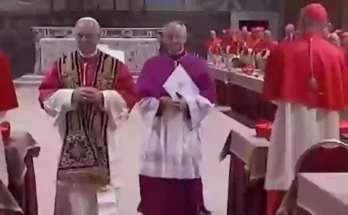U.S. officials are warning that Russia may be testing a space weapon after the country launched another suspicious object into orbit.
Earlier this year, Russia sent three satellites—Kosmos 2581, 2582, and 2583—into space aboard a Soyuz rocket but has declined to disclose their purpose.
Now, following the release of yet another mysterious object, the Pentagon is keeping a close eye on Russia’s space activities.
Suspicions have grown that Russia may be testing military capabilities in space, as the country continues to withhold details about the purpose of the launch.
The satellites’ unusual behavior has fueled concerns that Russia could be gearing up for potential space warfare.
To make matters more concerning, the U.S. Space Force has detected a new object in orbit, believed to have been released by one of the Russian satellites.
Jonathan McDowell, an astrophysicist at the Harvard-Smithsonian Center who monitors orbital activity, posted on X (formerly Twitter): “Space Force have cataloged a new object associated with the Kosmos-2581/2582/2583 launch. It may have separated from Kosmos-2583 on Mar 18.”
According to a CNN report, U.S. officials are increasingly worried that both Russia and China are conducting covert military exercises in low Earth orbit (LEO).
One official told CNN that the Russian satellites appeared to be practicing “attack and defend tactics” and even coordinated to “surround and isolate another satellite in low-Earth orbit”—a maneuver that could signal preparations to target enemy spacecraft in a future conflict.

US officials are concerned about Russian activity in space
The official added, “Russia wants to take away our advantages in space, and they don’t care about collateral damage.”
They continued, “The U.S. needs to be ready to do more than just protect and defend in outer space. Stories about playing defense are stories about losing.”
However, it may not be time to panic just yet. Astrophysicist Jonathan McDowell has pushed back on those claims.
In a separate post on X, he wrote, “This seems a big stretch to describe what Kosmos-2581-82-83 are up to,” suggesting it may simply be “a coincidence of the fact they are in similar orbits,” with “no evidence of targeting.”
Despite that, the U.S. remains on high alert, and the U.S. Space Force will continue to closely monitor the satellites and their activity in orbit.



